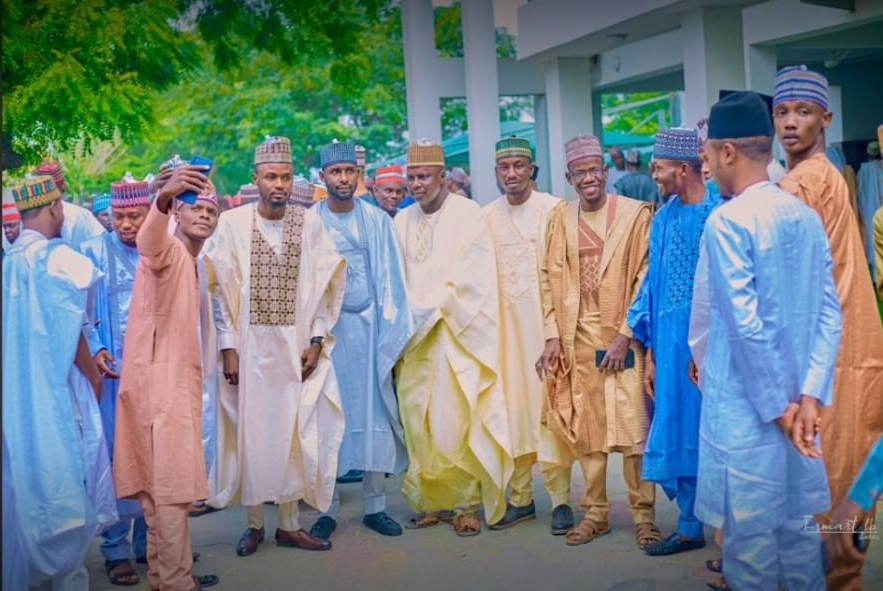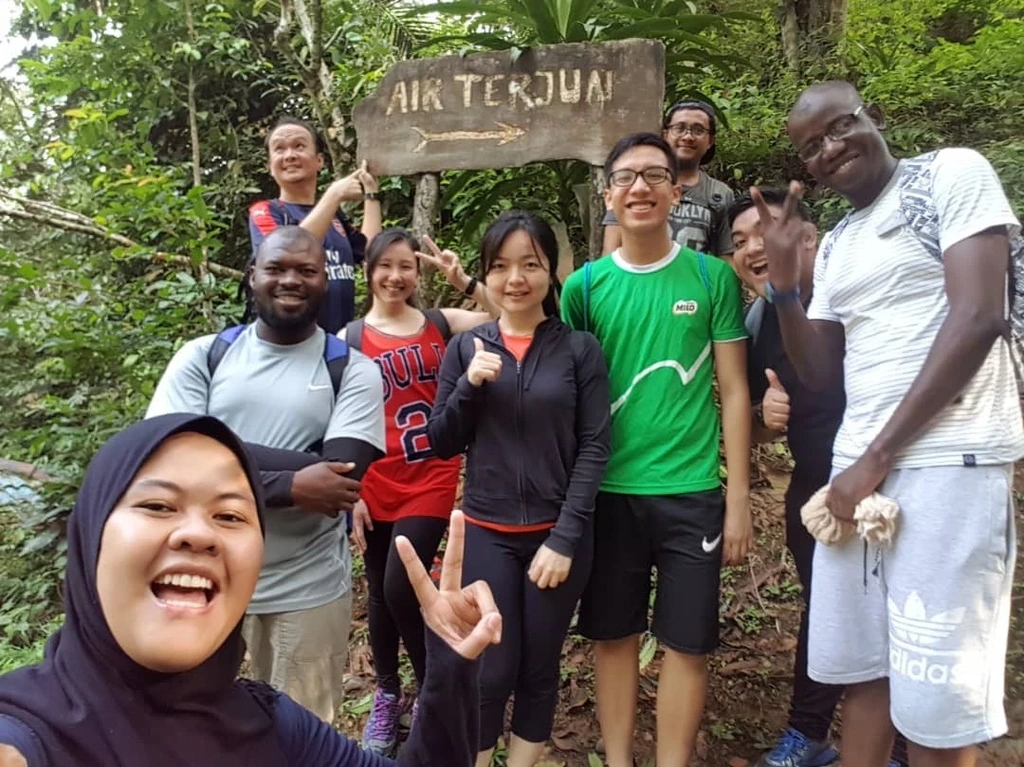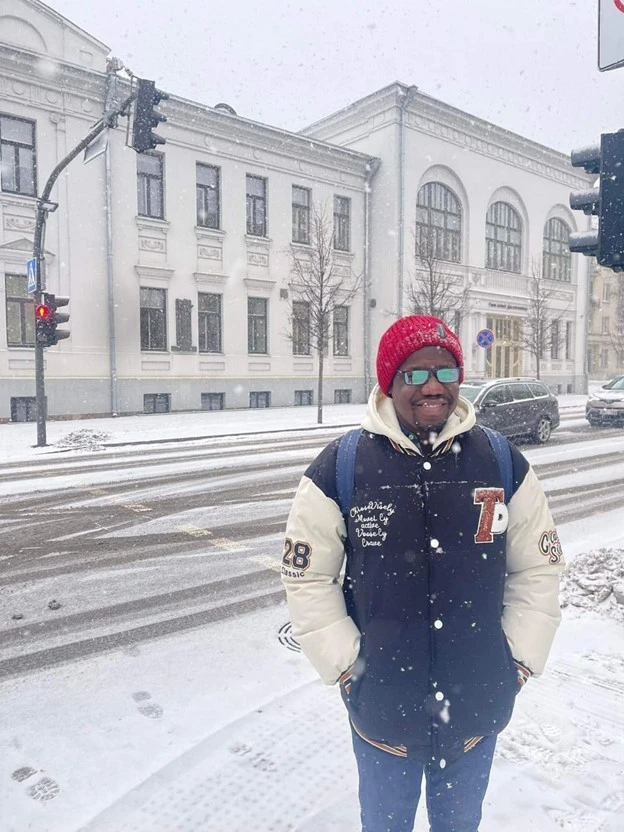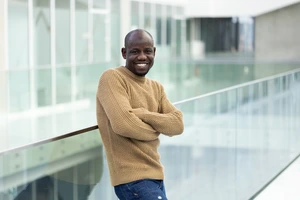Growing up as one of twenty-seven siblings, Hamisu Aliyu Mohammed realised early that sharing, patience, and learning go hand in hand. Those lessons, first taught around a crowded family table in northern Nigeria, became the foundation of everything he has done since – from his studies in Asia to his PhD research in Europe. Today, he is continuing his journey in Lithuania.
After moving to Kaunas in 2023 to pursue his second PhD, Hamisu discovered a very different rhythm of life. “What surprised me most was how calm and orderly daily life is in Lithuania,” he says.
Coming from Nigeria, where life is more communal and spontaneous, this contrast stood out immediately. Hamisu explains that learning to navigate a quieter environment has helped him appreciate both the peace he enjoys here and the vibrant social energy he sometimes misses from home.
Growing up with 26 siblings
Although his father never received a formal Western education, he believed deeply in the power of learning. “He encouraged us to pursue education and made sacrifices we will always be grateful for. His guidance instilled in us a lifelong respect for learning and hard work,” Hamisu says.
Because of such values, all twenty-seven children received an education, and many now combine professional work with entrepreneurship or farming. Their father taught them that education must go hand in hand with practical skills.
Distance has not weakened the family bond. “We have a family group chat where we talk almost every day – sharing updates, jokes, and news,” he says. Their biggest family tradition remains the yearly Eid celebration, a major Islamic holiday marked by prayers, shared meals, and festive gatherings, during which everyone gathers to reconnect, celebrate progress, and support one another.
“That closeness keeps me grounded, no matter where I am,” shares Hamisu.
Studying across three continents
Hamisu’s academic journey began with his strong interest in chemistry during secondary school in Nigeria. He completed a bachelor’s degree in applied chemistry and worked in industry and as a technologist – but he wished to specialise further in instrumental analysis.
Pursuing a second PhD may sound unusual, but for Hamisu it was intentional: “It was a deliberate, strategic decision to realign my expertise with pressing research challenges. I wanted to move from basic material synthesis to application-driven organic optoelectronic research.”
That path led him to Lithuania and to the laboratory of Professor Juozas Vidas Gražulevičius. Now, he continues his research in organic semiconductors – materials that could one day power new technologies in lighting, displays, and much more.
Challenges of Nigerian education
After studying and working in Africa, Asia and Europe, Hamisu sees education as a shared purpose everywhere. “Its goal is the same – to develop curious and capable individuals. What differs are the resources, traditions, and expectations that shape how people learn,” highlights a KTU PhD student.
He describes Nigeria’s education system with honesty and hope: “Nigeria produces many talented graduates every year and has strong academic traditions. But the system faces underfunding, regional inequality, and frequent university strikes. There is progress – but implementation and accountability remain the biggest hurdles”.
Still, his optimism remains firm. Hamisu notes that while access to education in Nigeria has improved over the years, it is still not accessible to all, especially in rural or conflict‑affected regions. Children in these areas face the greatest challenges, from a shortage of qualified teachers to limited school infrastructure.
Yet, substantial progress has been made, and many initiatives continue working to expand opportunities for young learners. Education, Hamisu believes, is one of Nigeria’s strongest engines for change – and also a powerful link between countries.





